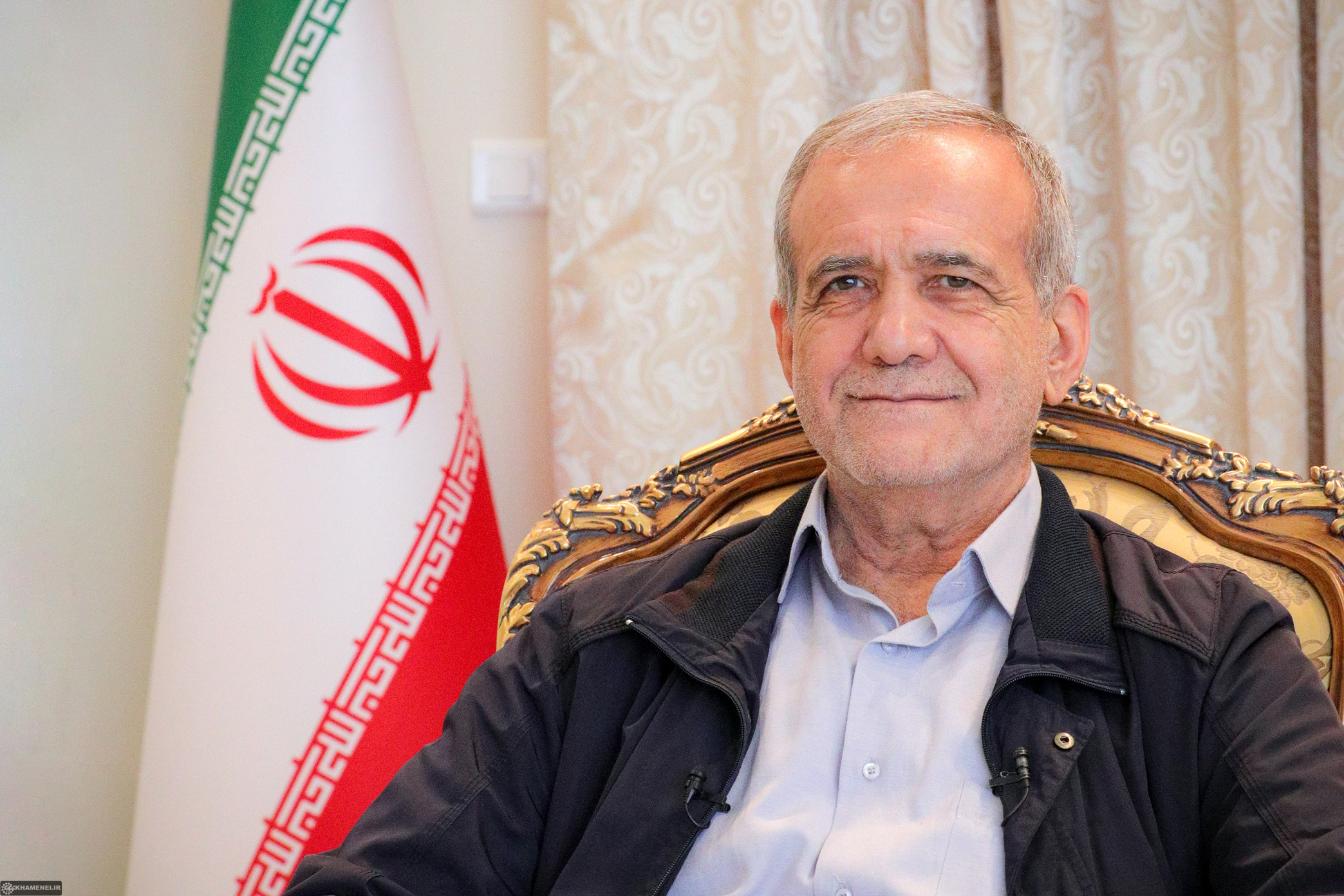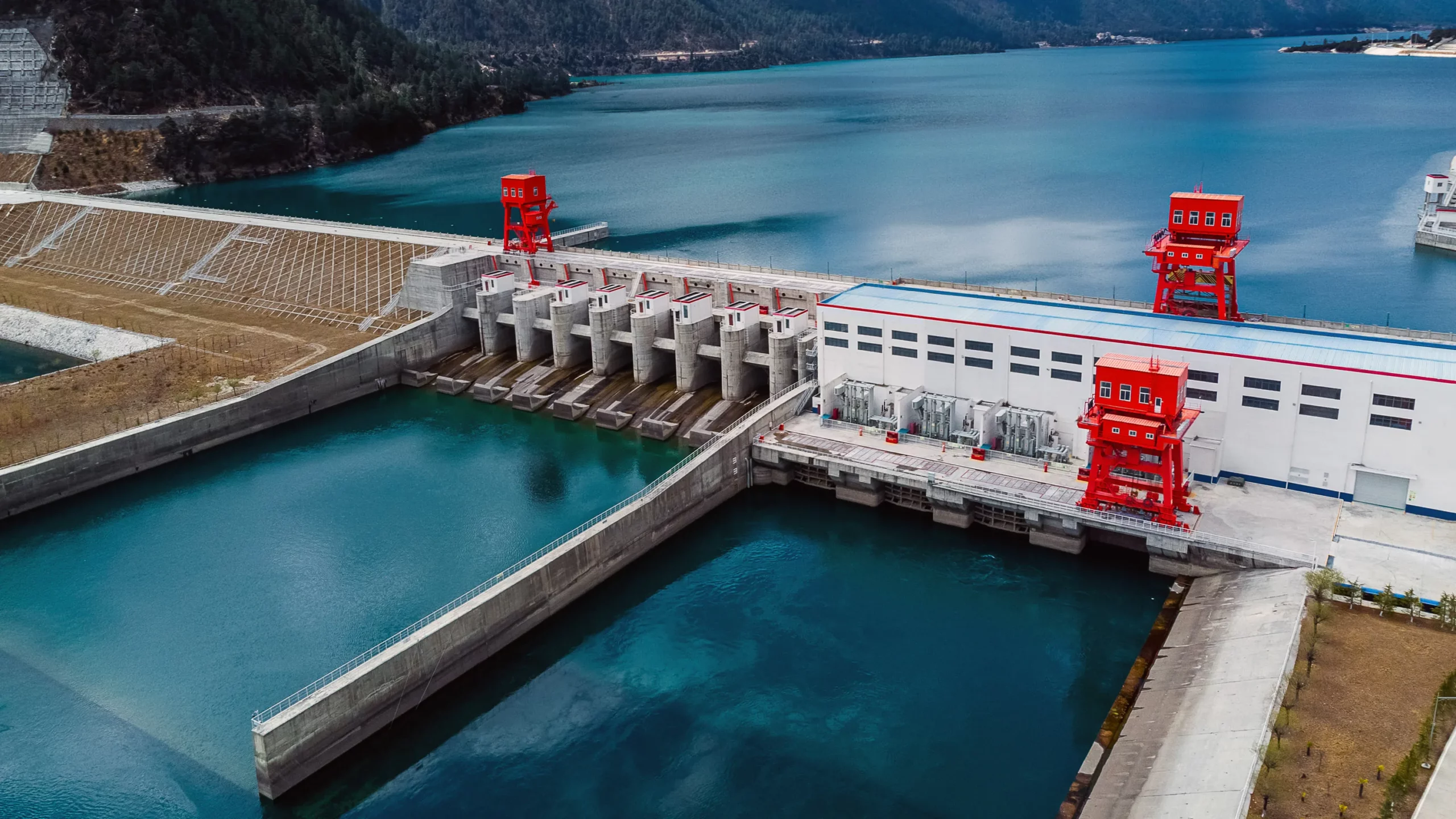China has greenlit the construction of the world’s largest hydropower dam on the eastern edge of the Tibetan plateau, setting the stage for a colossal infrastructure project that promises economic and environmental impacts across the region. Slated to be built on the lower reaches of the Yarlung Zangbo River, the dam could generate 300 billion kilowatt-hours of electricity annually, significantly surpassing the output of the current record-holder, the Three Gorges Dam.
The dam, expected to triple the capacity of the Three Gorges Dam, is key to China’s broader goals of achieving carbon neutrality and stimulating local industries. According to official estimates from the Power Construction Corp of China, the project will not only reduce emissions but also create jobs and bolster Tibet’s economy. The region’s rugged topography, where the river drops 2,000 meters over a mere 50 kilometers, offers immense hydropower potential while presenting significant engineering challenges.
The financial scale of the project is expected to surpass the Three Gorges Dam’s construction cost of 254.2 billion yuan ($34.83 billion). The earlier dam displaced 1.4 million people, but authorities have yet to disclose the potential displacement or ecological impact of the new project in Tibet, which is home to a rich and diverse ecosystem.
While Chinese officials assert that the dam will have minimal impact on the environment and downstream water supplies, neighboring countries have voiced concerns. India and Bangladesh, which rely on the Yarlung Zangbo as it flows southward as the Brahmaputra River, fear that the project could disrupt water flows, impact agriculture, and alter the river’s course.
China’s hydropower ambitions in Tibet are part of a broader strategy to harness over a third of the nation’s untapped hydroelectric potential. The country has already initiated power generation on the upper reaches of the Yarlung Zangbo and is exploring additional projects upstream.
With its massive scale and far-reaching implications, this hydropower initiative has reignited debates over the balance between energy development, ecological preservation, and international water rights.











